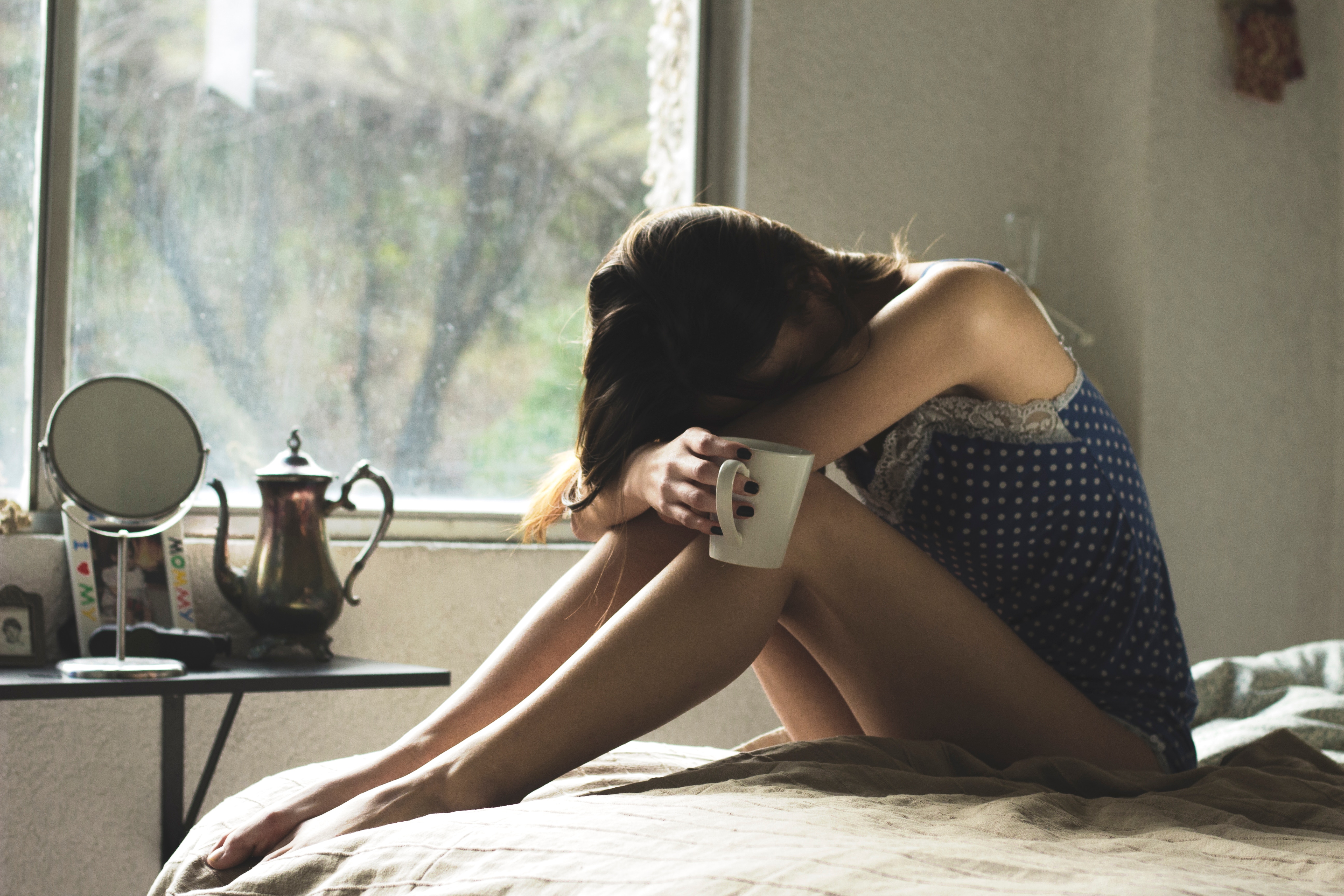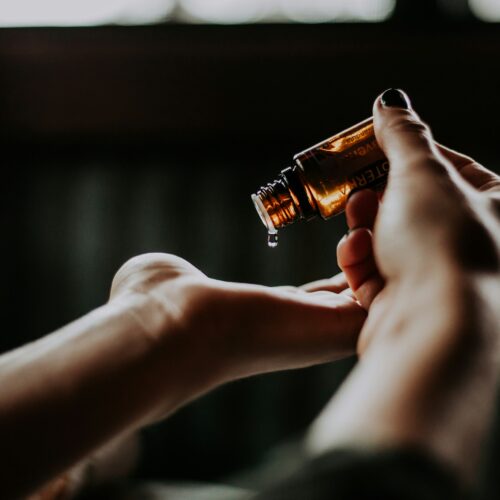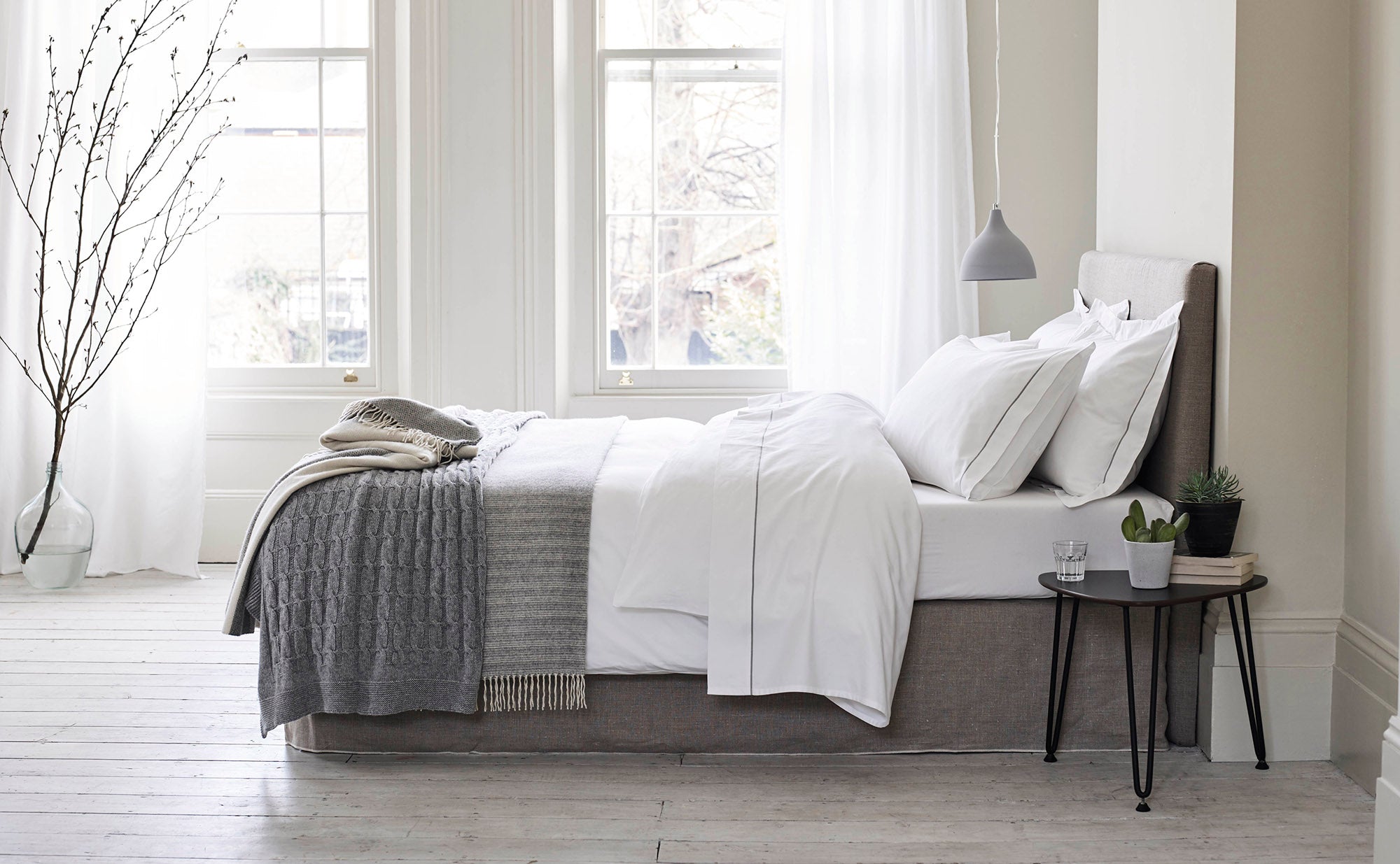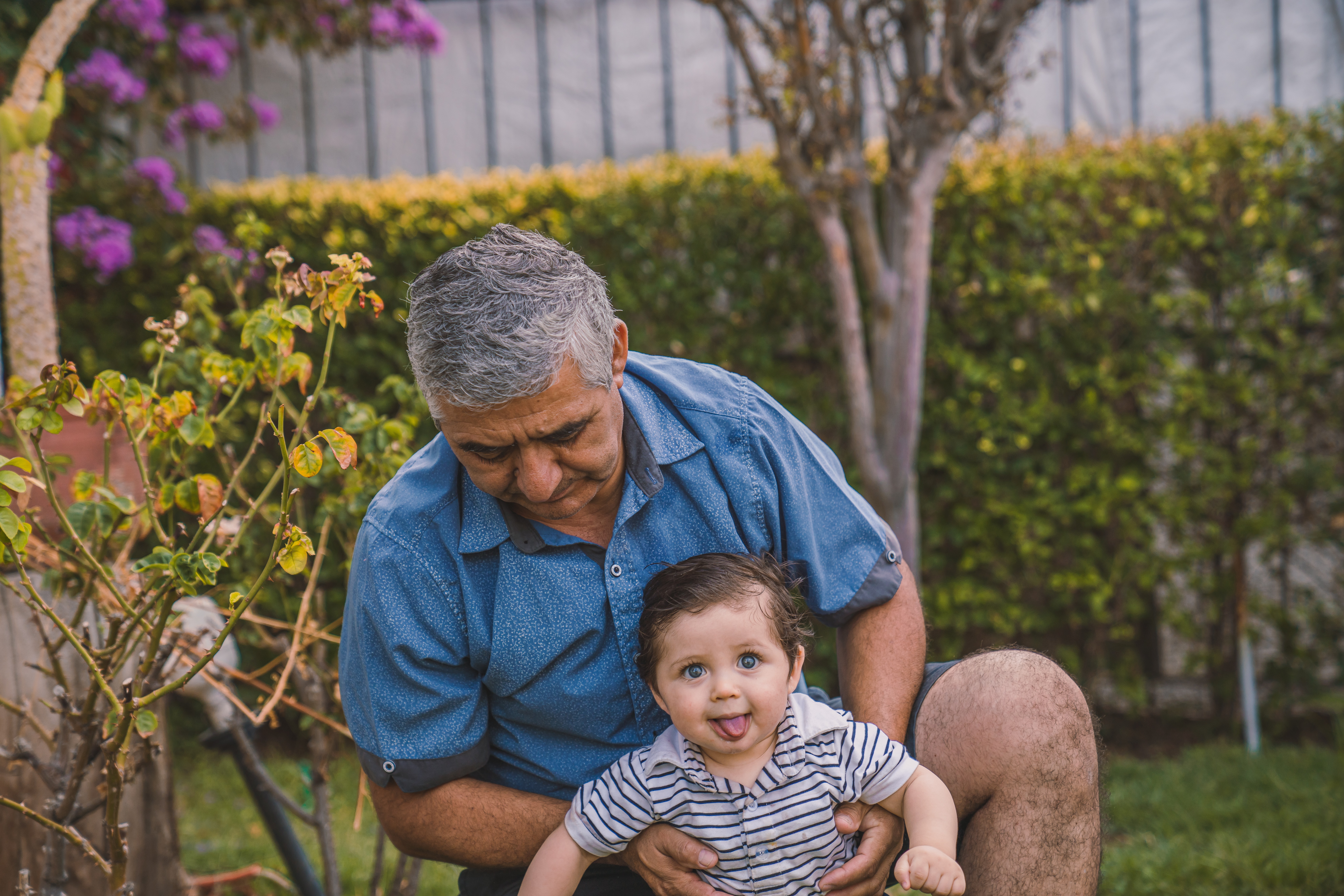Sleep Apnoea – My Life with a Sleep Disorder
Society has long perpetuated a shortsighted regard for sleep-related illnesses. Obstructive Sleep Apnoea (OSA) is a common sleep condition affecting as many as 1.5 million people throughout the UK. Caused…








